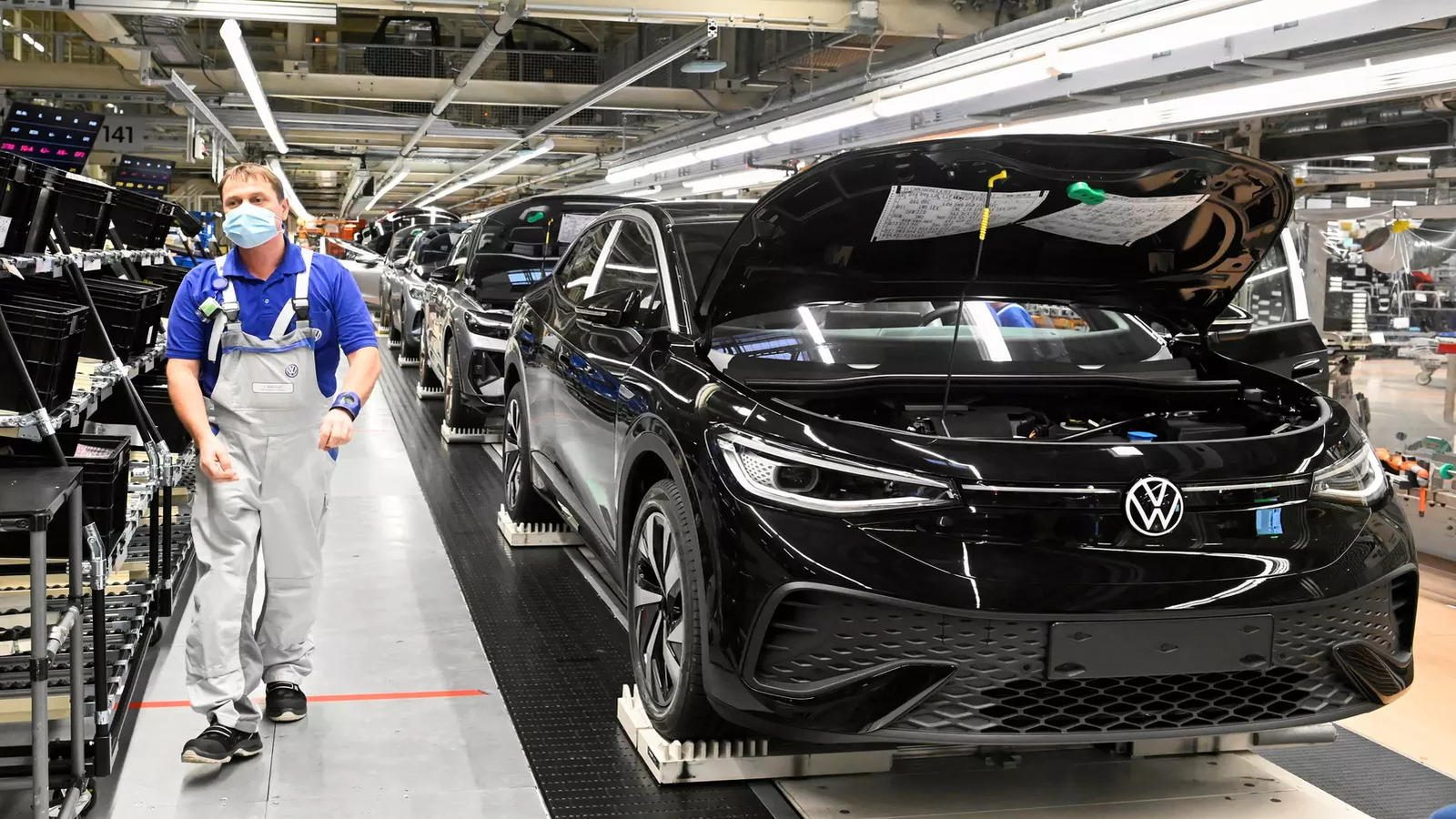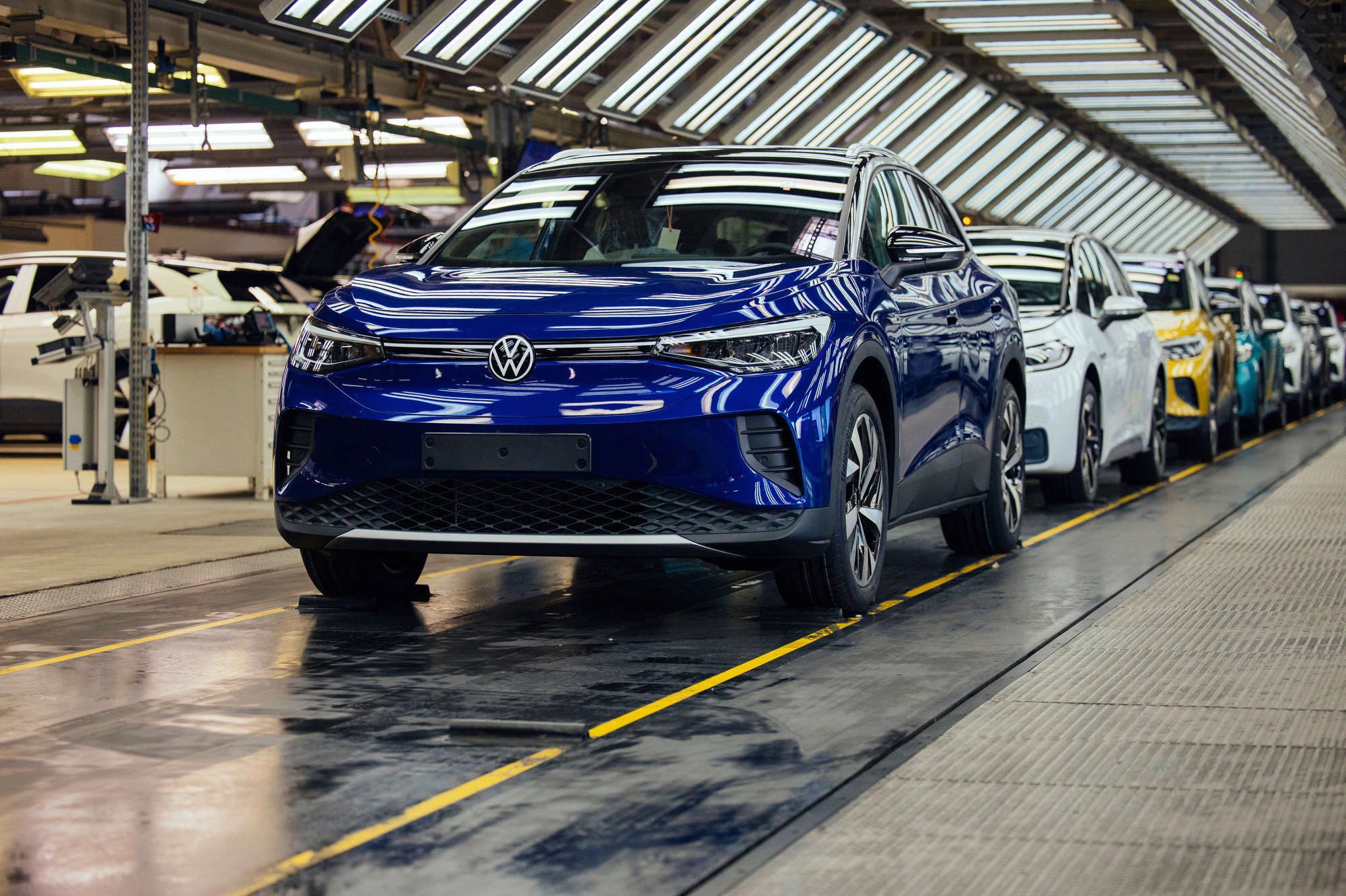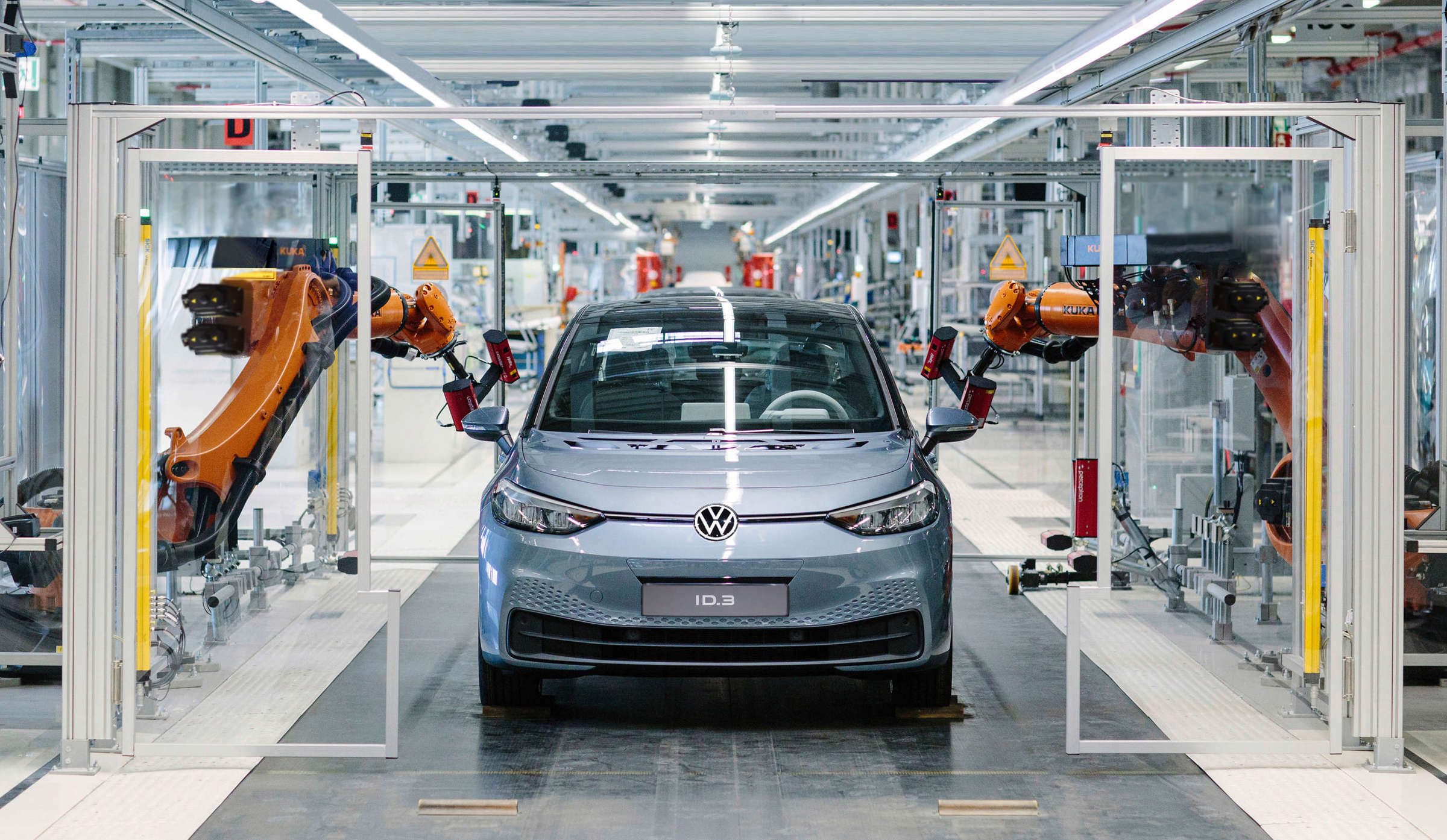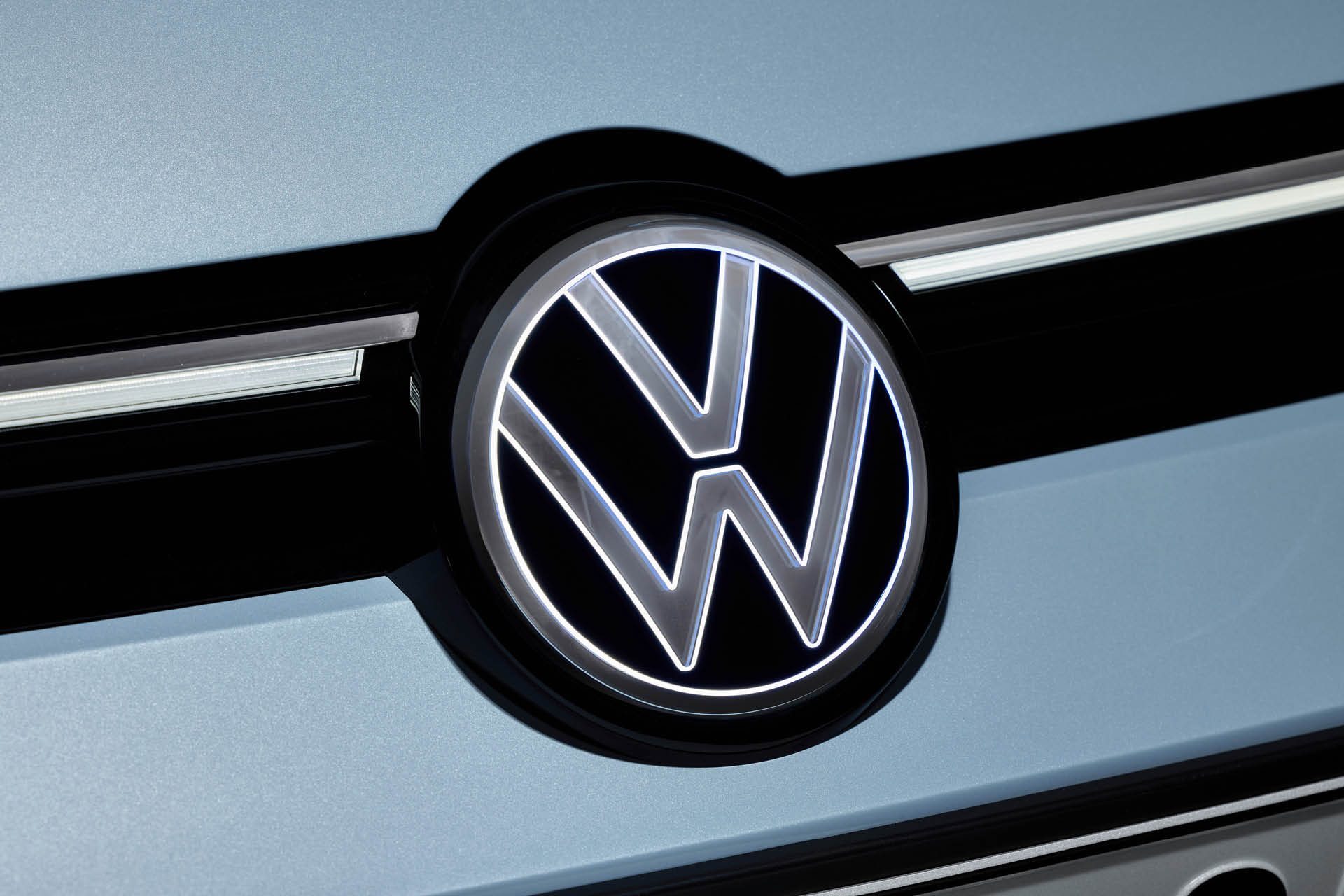Volkswagen, one of the world’s biggest car makers, is planning to shut three factories in Germany. It may also have to lay off thousands of workers and cut pay by 10 per cent, simply to survive in the face of Chinese competition.
Volkswagen brand CEO Thomas Schäfer said in a statement to German media that “The situation is extremely tense and cannot be overcome by simple cost-cutting measures.”

The company said that the automobile market in Europe had shrunk by about two million vehicles since 2020 while costs for energy, personnel and raw materials had grown. VW needs to save about €10b and its executives said that the “worsening economic situation required a fundamental restructuring”. Its job security programme, in place since 1994, is also under threat.
The cuts come as the company faces slow sales in the EV sector where it has been a pioneer. It also competes in a sector ruled by cheaper Chinese manufacturers.
Daniela Cavallo, the works council boss, said recently that “The board wants to close at least three factories in Germany”. It is the first time in its 87-year history that it has contemplated factory closure. Its remaining manufacturing sites will reduce capacity to meet slowing demand.

Volkswagen employs more than 120,000 people in Germany, around one-half of those in Wolfsburg. It has been forced into a major restructuring to cut costs with dwindling interest in EVs. The firm had earlier warned that it had excess production capacity in Germany.
Redundancies are expected across the workforce, with up to 10,000 jobs on the line. Whole divisions may be shuttered or sent overseas. Pay cuts of up to 18 per cent are possible, after a two-year pay freeze. “All German VW plants are affected by these plans,” Cavallo said. She added that management had made “many wrong decisions” in recent years, including not investing in hybrids or being faster at developing affordable EVs.

A factory in Dresden that makes ID.3 is under threat. So too the factory in Osnabrück, Lower Saxony, that makes T-Roc Convertible and Boxster. It recently lost a major contract with Porsche. However, Lower Saxony’s government is Volkswagen’s second-largest shareholder. The state’s leader, Stephan Weil, last month said there would be pushback to plant closures in the area.
Strike action is also a distinct possibility.

Car companies suggest the falling EV demand in many key European markets is the result of rising interest rates after at least a decade of low rates following the GFC. Germany’s big car makers have all reported falling profits in the face of reduced demand.
Companies like Volkswagen have been burning cash as they switch from petrol and diesel to electric power, while also facing Chinese rivals who enjoy subsidised production costs.


